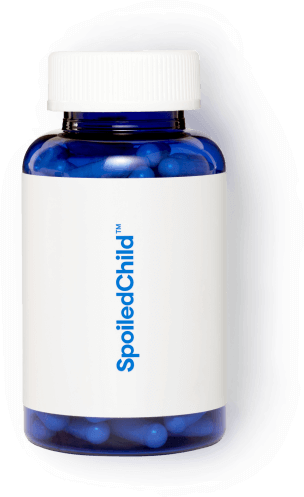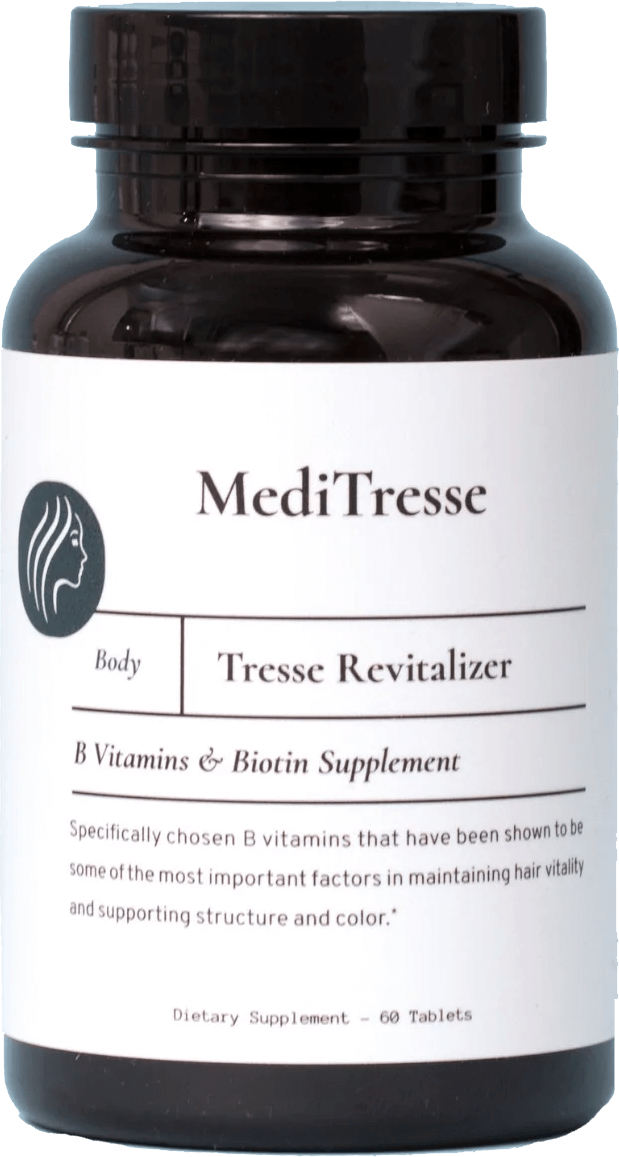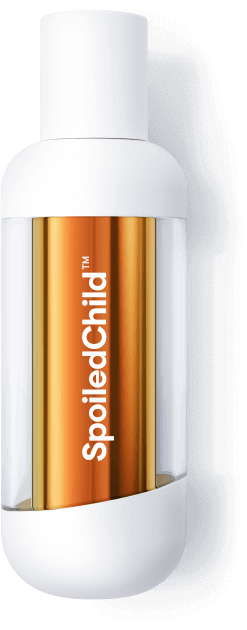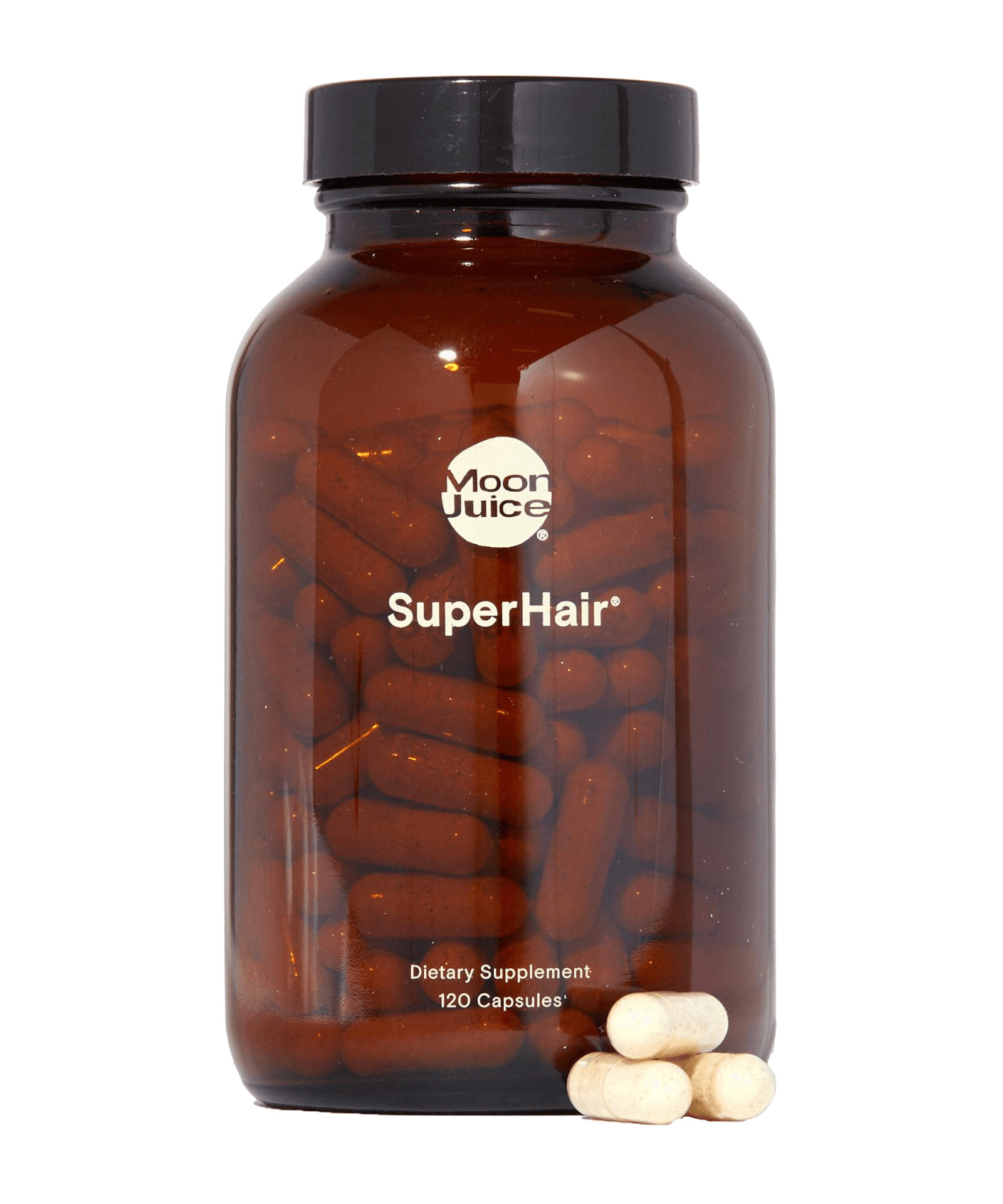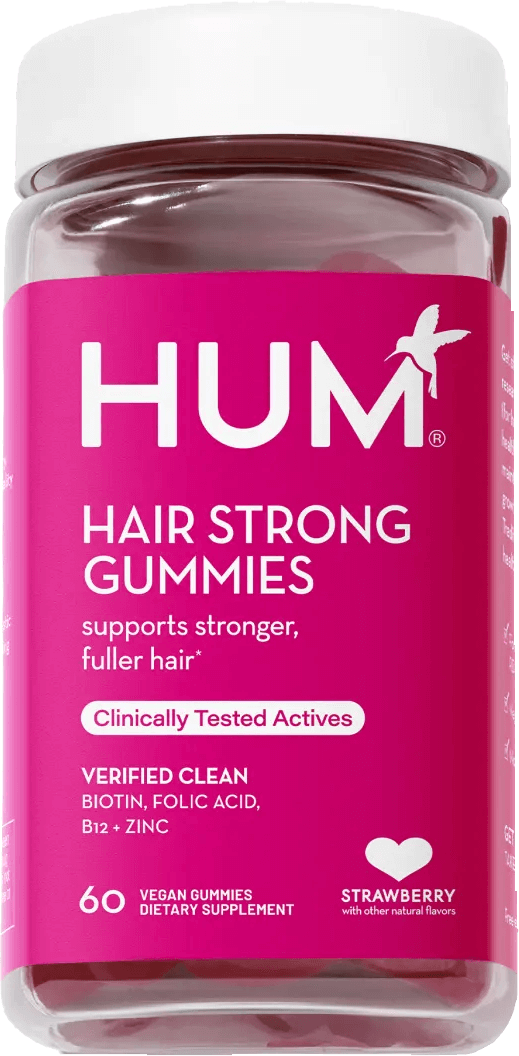Frequently Asked Questions
Results vary depending on the individual, the cause of hair loss, and the specific supplement used. On average, many people start to see noticeable improvements within 2-6 months. It's essential to be patient and consistent with your intake. Hair growth is a gradual process, and the supplements work by supporting your body's natural hair growth cycle.
While many hair growth supplements use natural ingredients and are generally safe, there may be interactions with specific medications. It's crucial to consult with a healthcare professional or pharmacist before combining any supplements with prescription or over-the-counter drugs.
Most people tolerate hair growth supplements well, especially those with natural ingredients. However, some might experience minor side effects like stomach upset, skin rashes, or increased hair growth in undesired areas. Always start with a lower dose to see how your body reacts and consult with a healthcare professional if you have concerns.
While many people benefit from hair growth supplements, their effectiveness can vary based on individual factors, such as genetics, age, underlying health conditions, and the specific cause of hair thinning or loss. It's essential to set realistic expectations and understand that no single product will work universally for everyone.
Buying Guide: Choosing the Right Hair Growth Supplements
Hair loss can be a distressing experience, but fortunately, there's a plethora of hair growth supplements available today. However, with so many options, finding the right one can be overwhelming. This guide will help you navigate the choices to find the ideal supplement for your needs.
1. Determine the Cause of Your Hair Loss: Before choosing a supplement, it's crucial to understand the underlying reason for your hair thinning or loss.
- Genetics: Hereditary factors play a significant role.
- Diet: Lack of certain nutrients can hamper hair growth.
- Hormonal Changes: Issues like thyroid imbalances or PCOS can affect hair health.
- Medications: Some medicines have side effects leading to hair loss.
- Stress: Chronic stress can result in hair thinning.
2. Ingredients to Look For: Certain ingredients have been studied for their potential to promote hair growth:
- Biotin: Supports keratin infrastructure, vital for hair health.
- Saw Palmetto: Believed to reduce hair loss by blocking DHT, a hormone linked to hair loss.
- Vitamin E: Improves blood circulation in the scalp.
- Iron: Supports hair growth by promoting healthy red blood cells.
- Omega-3 Fatty Acids: Improves hair density.
- Collagen: Provides amino acids essential for hair growth.
3. Form of the Supplement: Hair growth supplements come in various forms:
- Tablets/Capsules: Easy to intake and store.
- Powders: Can be mixed with drinks.
- Liquid: Can be more rapidly absorbed.
4. Check for Clinical Studies: Brands that have invested in clinical trials often provide a more reliable and effective product.
5. Possible Side Effects: While most supplements are safe, some might have side effects. Always consult with a healthcare professional.
6. User Reviews: Genuine user reviews can offer insights into the effectiveness and potential side effects.
7. Brand Reputation: Choose brands known for their quality and transparency in ingredients.
8. Pricing and Value: Price doesn’t always equate to effectiveness. Find a product that offers good value for its benefits.
9. Return Policy: A reputable brand will usually offer a return policy if you're not satisfied with the results.
10. Consult a Specialist: Before starting any supplement, it's always best to consult with a dermatologist or trichologist, especially if you have underlying health conditions.
Conclusion: While hair growth supplements can offer beneficial results, it's essential to approach them with informed decisions. Understand your needs, do thorough research, and always prioritize your overall health. Remember, the journey to luscious locks is a combination of the right products, a balanced diet, and proper hair care habits.


